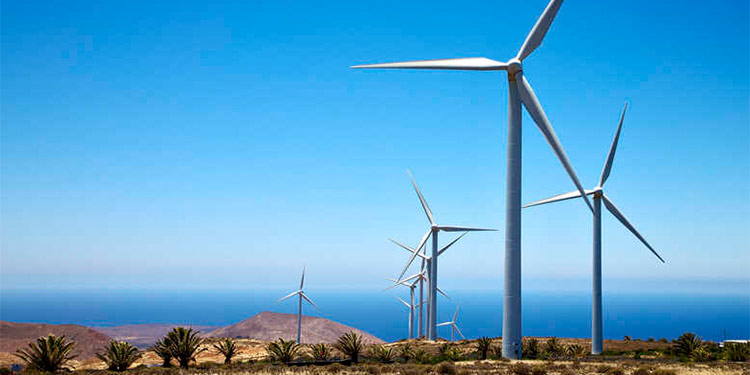
Despite high resource potential in Djibouti and opportunities for cross-border export, there are still 110,000 households in the country without entry to power. With a capacity of 59 MW, this new wind farm will almost double the current installed power generation capacity in the country, all of which presently comes from fossil fuel sources.
The fresh installation, part of an expanding national renewable energy development programme, will have clean energy supply, reducing the cost of electricity and allow the 940,000 population of Djibouti and its key industries to boost its electrical independence and economic development.
“Access to affordable energy is key to helping long-term sustainability and economic growth. Industrialization, agricultural improvement or even the expansion of municipal water systems rely on reliable and cost-effective energy access,” explained Markus Tacke, CEO of Siemens Gamesa.
“This project is another step in Siemens Gamesa’s commitment to shaping a sustainable future for Africa.”
The 17 SG 3.4-132 wind turbines will be installed near the Goubet cove in the Gulf of Tadjoura, on a 395-hectare site in Djibouti. The wind farm electricity interconnection solution, the civil works and ten kilometres of internal road and tracks will be built as part of project.
Siemens Gamesa will also supply maintenance to the wind farm, which is expected to be operational in mid-2021, for a minimum of ten years, with the option to renew.
The electricity created will be sold by the consortium to Electricité de Djibouti, the national power generation company, for a period of 25 years.
“We believe that this project is the start of a new partnership and we will be relying on Siemens Gamesa’s extensive experience in the region to foster the project within the stipulated timeframe,” says Osaruyi Orobosa-Ogbeide, Vice President Project Development & Investments at the Africa Finance Corporation.
